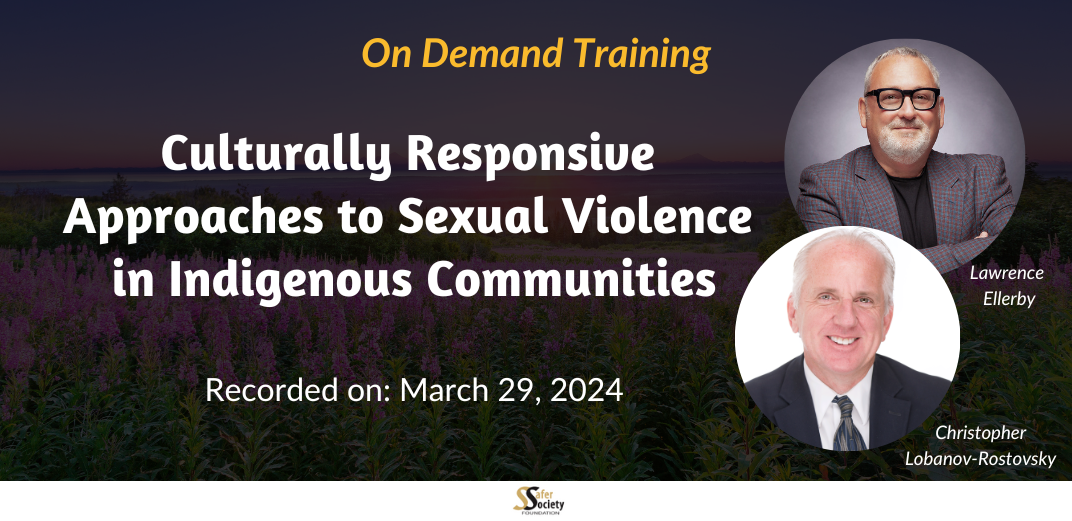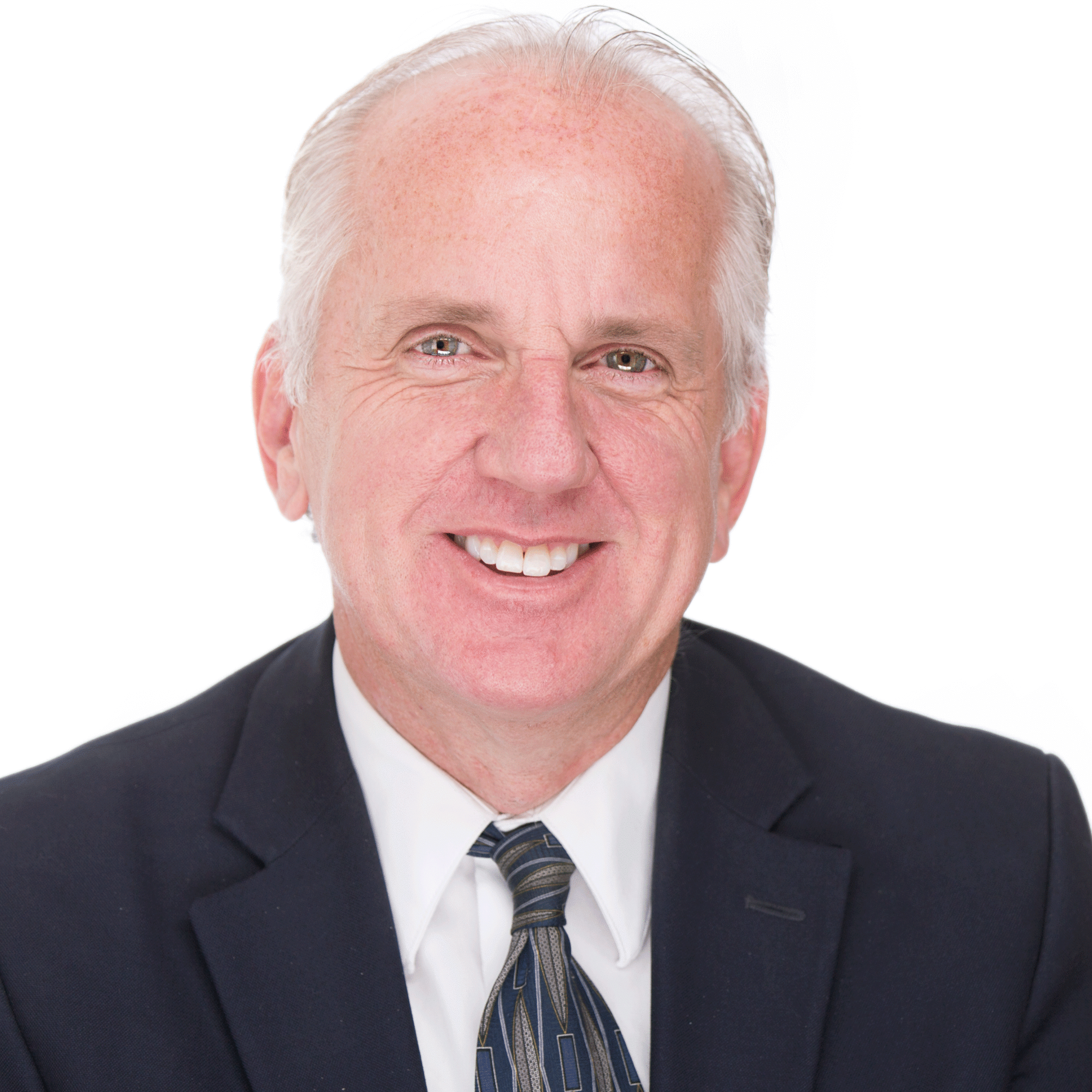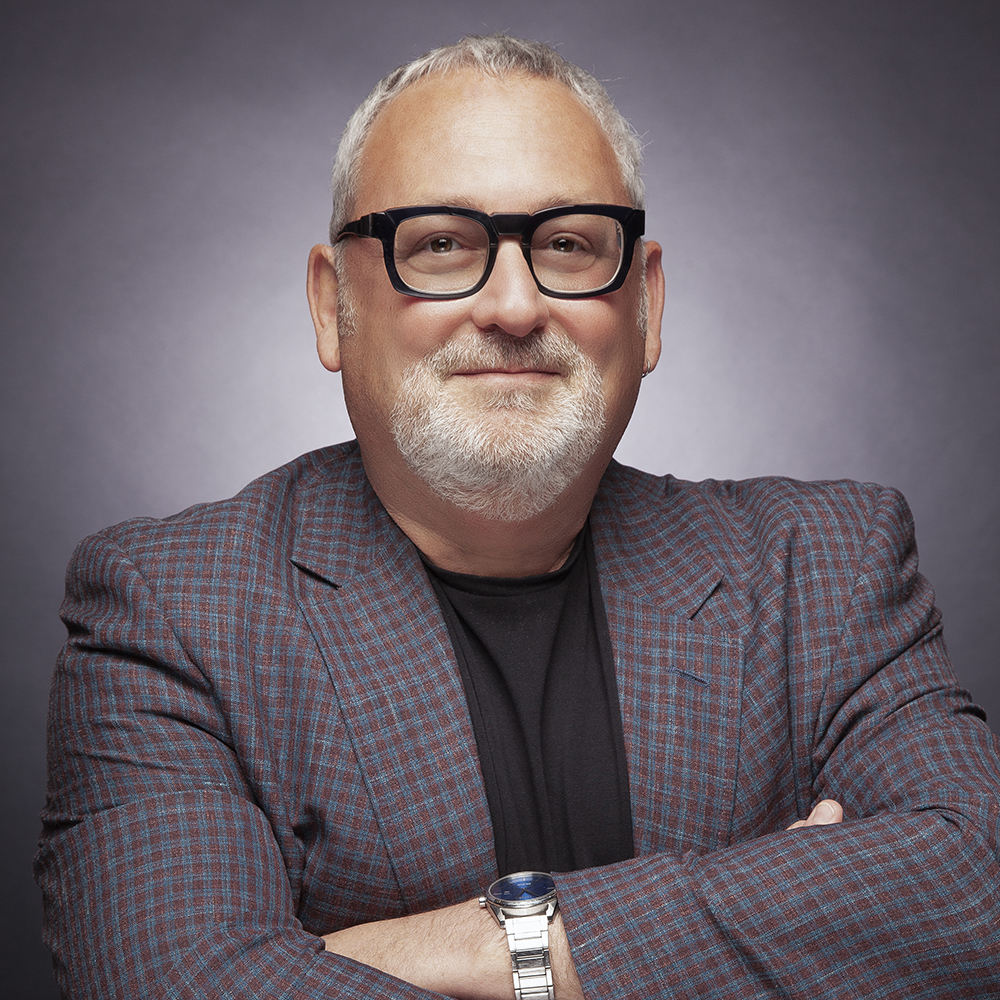
Culturally Responsive Approaches to Sexual Violence in Indigenous Communities
Already purchased an On Demand training?
Click here to access your Safer Society On-Demand Training Center account.
Sexual violence is rampant in Indigenous communities, where more than half of the women in the community have experienced sexual harm. The need for professional treatment of problematic behavior in these communities has never been greater, but Western approaches have proved ineffective.
This training delves into the complexities of addressing sexual violence in Indigenous communities, offering a deep understanding of the historical and cultural factors at play. The presenters explore the impact of colonization and historical trauma on problematic behavior, as well as the challenges posed by the criminal justice system and the lack of culturally responsive resources. Additionally, they examine policies and practices for the assessment, treatment, and re-entry of Indigenous individuals who have committed sexual offenses, incorporating traditional cultural healing strategies. They also discuss collaborative approaches and programs developed as a result of registry requirements—including the Tribal Access Program—providing a comprehensive view of the topic.
During the training, Lawrence Ellerby and Chris Lobanov-Rostovsky cover topics such as:
- Indigenous peoples of the US and Canada
- Colonialism and racial trauma
- Challenges in working with Indigenous clients
- Gaps in research
- Implicit biases of nonindigenous professionals
- Assessments (including risk assessment)
- Understanding and appreciating Indigenous knowledge and teachings related to healing
- Community re-entry and outcome data
The training provides a holistic view of the challenges and opportunities of addressing sexual violence in Indigenous communities. By incorporating traditional cultural healing strategies and collaborative approaches, the presenters offer innovative and comprehensive solutions to sexual violence in these communities.
1) Explain the problem of sexual violence in Indigenous communities.
2) Assess one’s own personal biases
3) Describe culturally responsive prevention and intervention policies and practices for Indigenous people and communities.
4) Utilize specific collaboration strategies for working in Indigenous communities and with Indigenous clients.
Audience
This training is designed for professionals working with Indigenous communities to address sexual violence. This includes mental health professionals and therapists, social workers and counselors, tribal advocates and community leaders, law enforcement and healthcare providers.
Content Level
Who's Presenting

Christopher Lobanov-Rostovsky
Christopher Lobanov-Rostovsky has worked as a Native American tribal training and technical assistance associate for the National Criminal Justice Training Center (NCJTC) at Fox Valley Technical College since 2009. This work has included training tribal professionals on sex offender management and treatment and substance use interventions and providing ongoing tribal technical assistance regarding program development and evaluation. Mr. Lobanov-Rostovsky has also worked for the Division of Criminal Justice within the Colorado Department of Public Safety as the Program Manager for the Colorado Sex Offender Management Board since 2006, where he is responsible for developing sex offense treatment and supervision standards, approving treatment providers, and providing legislative and policy input. Mr. Lobanov-Rostovsky holds a Master’s Degree in Social Work from the University of Michigan and has been a Licensed Clinical Social Worker (LCSW) since 1990. Prior to his current position, Mr. Lobanov-Rostovsky worked as an approved treatment provider and evaluator for both adult and juvenile populations.

Lawrence Ellerby
Over the last 35 years, Lawrence Ellerby has provided clinical services to individuals who have been involved in violent and sexual offending behaviours having conducted assessments, provided treatment, and developed programming in provincial and federal correctional institutions, mental health centers and in the community. Lawrence has specialized in working with individuals who have significant and complex life and risk management needs. He and his team have also pioneered innovations in blending contemporary treatment with traditional culturally relevant processes of healing for Indigenous individuals who have engaged in violent and sexual offending behaviours. Beginning in 1990, Lawrence sought out guidance from and invited Indigenous knowledge keepers, spiritual helpers (Elders), and medicine people to work collaboratively to achieve optimal outcomes for Indigenous clients. Since this time, his practice has continuously had a team of Indigenous staff focused on providing cultural teachings, spiritual ceremonies, and other traditional forms of healing alongside Western individual, group, couple, and family therapy opportunities. Lawrence has published articles and book chapters on this subject and provided training related to cultural approaches to working with Indigenous forensic clients in Canada, the United States, and Europe.
Lawrence is a past President of the ATSA Board of Directors, previously chaired the Sex Offender Management sub-group and co-chaired the Clinical & Research Advisory Group of INTERPOL’s Specialist Group on Crimes Against Children, and is a past recipient of the Canadian Criminal Justice Association’s National Crime Prevention Award.
